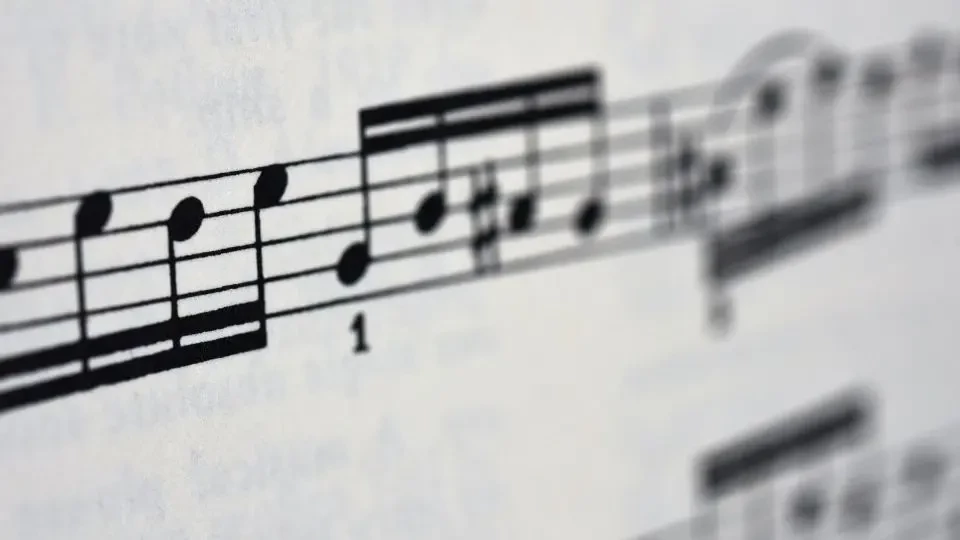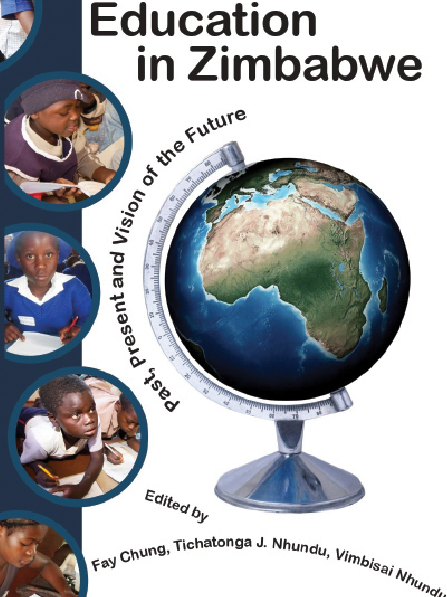
For the benefit of “Ama2000” who do not have an insight into the rich history of music entertainment in this country, here is the opportunity to bring you up-to-date.
“Ama2000” is a term used to describe a generation of young people in Zimbabwe born after 1999 and often associated with the digital age and technological dependence, Most of them would be aged below 25 years.
Those Ama2000 I have spoken to think that there was hardly any music entertainment in Zimbabwe before the emergence of urban grooves and Zimdancehall. How wrong they are.
I will walk you through my experiences before the year 2000.
Music during Rhodesia, before independence as expected was mainly based and distributed on racial grounds throughout the country. Musical groups such as Thomas Mapfumo and the Blacks Unlimited, Oliver Mtukudzi and the Black Spirits, Paul Matavire and the Jairos Jiri Band, Devera Ngwena Jazz Band, Zexie Manatsa and The Green Arrows, Safirio Madzikatire, Lovemore Majaivana, The Harare Mambo Band and several others were relegated to African townships. Most of these groups aspired to playing Western music as the country was subjected western influences, but not many of them were allowed to play in white clubs during Rhodesia.
The genre of music known as Urban Grooves is a recent phenomenon in Zimbabwe which came about around 2002.
The Urban Grooves movement, which started in 2002 encouraged Zimbabwean artistes to develop their own music which would replace the British and American music which was being played by the then Radio 3. Thus young artists began to showcase their talents at limited venues plus government organised musical galas throughout the country. The youths saw this as an opportunity to develop this new genre of music. The names Rocqui, Mafrik, Extra Large, Stunner, Sniper Storm, Ex-Q, 2BG, Nasty Trix, Decibel, David Chifunyise, Leonard Mapfumo, Plaxedes Wenyika, Betty Makaya, Roy and Royce, Sanii Makhalima and Maskiri became associated with Urban Grooves.
When the movement started, people began to question whether Urban Grooves provided for authentic African music or these artistes were merely an imitation of Black American musicians. Some of them simply took rhythms from American or British hip-hop and put Shona lyrics to the music without changing anything. However, there are others like Extra Large who took the challenge to compose their own music more seriously and came out with original works as evidenced in songs like Mai Linda, Uri Roja Chete, Ndinoda Small House, Kushamula Newe, House Girl and Aiwa Mukoma.
- In Full: Nineteenth post-cabinet press briefing: July 05, 2022
- Bryn Mteki back on the music scene
- In the groove: Chiwoniso Maraire remembered
- Pakistan likely to dissolve CPEC Authority
Keep Reading
Air-play for their music has been guaranteed throughout all radio stations as their music is refreshing. It is songs such as these which have greater chances of international distribution.
Not all urban grooves music is boring. There have been some brilliant songs coming from the likes of Cindy Munyawi, Leonard Mapfumo, Betty Makaya which are incredible and they should make international hits.
During the peak of the Urban Grooves movement, around 2004, a government policy to play at least 75% local music had been put in place. Everyone in the country was forced to listen to music which was being churned from the local radio stations. It was only a few people with CD players that listened to music of their choice. There was a point when all radio DJs in Zimbabwe stopped playing foreign music through fear. As a result of the local music policy, DJs on all radio stations completely stopped playing foreign music through fear of losing their jobs.
As one DJ at Power FM which was located in Gweru at the time, announcing the death of South African singer, Brenda Fassie, put it: “She was a true legend. One of her early songs which brought her to fame was Weekend Special. I am actually looking at the CD right now. It is right here in the studio, but I dare not play it because I am afraid I will lose my job if I do. I guess I just have to play one by our own Urban Groovers if I am to keep my job”. This DJ eventually resigned from the station out of boredom.
However, after 2005, although the policy had not changed, the coming in of a new Information minister saw things taking a different turn. The DJ’s were free to play whatever they wanted without government directives. Urban Grooves music no longer dominated Zimbabwe’s radio stations. It is rumoured that the new Information minister directed ZBC to remove from airplay some of the offensive urban grooves songs.
As a result the Urban Grooves movement almost died a natural death as airplay was no longer guaranteed. The minister suggested that the radio stations should be judged by international consumers rather than being forced down our throats by radio in Zimbabwe whether we like it or not.
While most dancehall performers are male, a small number of female vocalists have appeared in recent years, often performing their lyrics from an expressly feminist point of view in counterpoint to the notoriously male-chauvinist style.
The same pattern is seen in Zimbabwe with male Zimdancehall artistes dominating the scene. Names such as Winky D, Dhadza D, Sniper Storm, Nutty O and Guspy Warrior are among the popular male dancehall artistes while the few women dancehall performers include Lady Squanda and Lady B. Zimbabwe’s dancehall artistes who have woken up to the dancehall style imitate the Jamaicans wholesale. The only difference is that their lyrics are mainly in Shona.
The dancing styles such as skinout where dirty dance moves by semi-nude girls with boys simulating sex moves behind them have been condemned by many, yet Zimbabwean dancehall fans also imitate these. The encouragement of ganja smoking and hate anti-battyman lyrics are also commonplace among dancehall artistes.
In Zimbabwe it is reported that all the songs, which were abusive, degrading and demeaning to women or which potrayed women as mere sex objects were taken off the air. It will be interesting to see how international music consumers will react to these songs.
The future of Urban Grooves and Zimdancehall in Zimbabwe will depend on the attitude of the artistes themselves. There is need for a more professional approach to this kind of music; originality, good sound recording, better marketing strategies and adequate financial support.
Feedback; [email protected]











